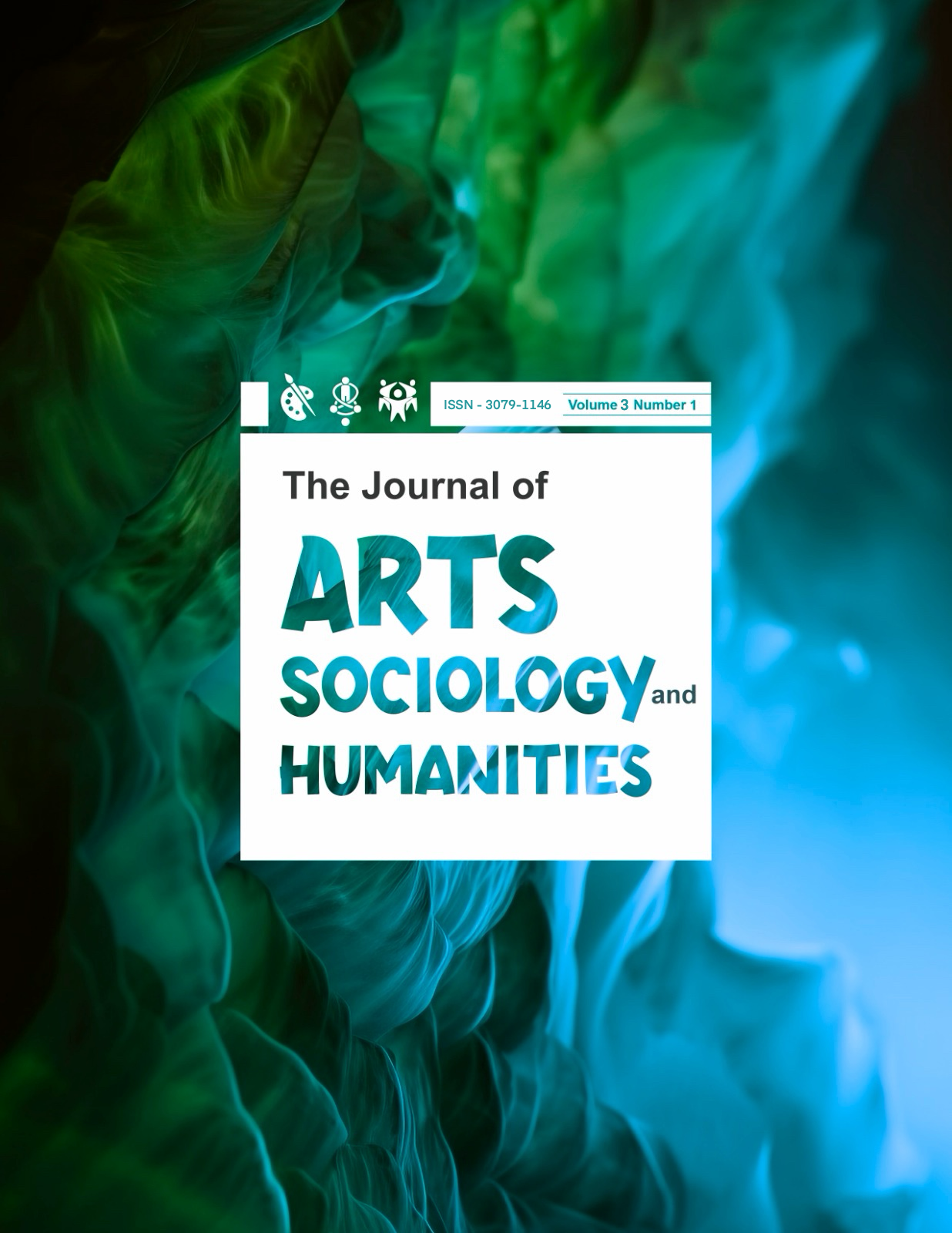The Essence of Art in Iqbal's Thought
Keywords:
Music, spirituality, Iqbal, art, painting, drama, muslim architectureAbstract
Fine Arts are a vital means of expressing a nation's worldview, its aspirations, and its higher goals. They encompass five primary forms: music, painting, poetry, singing, and dance. This article, through an extensive review of literature and narrative analysis of both primary and secondary sources on Iqbal’s philosophy of art and literature, delves into Iqbal’s conceptions of art. It further explores how these ideas can remain relevant in contemporary times. Iqbal's views on art are intricately connected to his philosophy of Khudi (selfhood). For him, art is a powerful medium of expression, and any form of art that lacks self-awareness and self- reflection is undesirable. In Iqbal's philosophy, art that distances individuals from their true selves cannot be considered creative or valuable. Throughout his Persian and Urdu poetry, Iqbal examines various forms of art, highlighting both their positive and negative aspects. His rationale is rooted in his philosophy of Khudi, where he distinguishes between acceptable and unacceptable forms of art based on their impact on one’s personality and self. Art that strengthens the self is beneficial, while art that weakens or sedates the self is harmful and should not be pursued, according to Iqbal. He believes that such superficial art fails to touch the depths of personality and instead fosters chaos and confusion within individuals and society. Iqbal also notes that throughout history, the arts have been intertwined with various religions. He emphasizes that the finest expressions of art, like architecture, should embody both beauty and greatness (Dilbari and Qahiri). Iqbal’s philosophy of Khudi can guide us in finding direction within the arts, helping us to create works that reflect the unique values of our culture and civilization as Muslims.






